President of $61.5 billion Anthropic makes a case for AI in college classrooms as it seeks to challenge OpenAI and Google
Anthropic wants to reshape AI’s role in education. With its new chatbot, the $61.5 billion company hopes to turn AI from an adversary into an academic ally.

- Anthropic’s president Daniela Amodei says education has had an “adversarial” relationship with AI. The $61.5 billion company hopes to change that with their education-specific chatbot
Anthropic is bringing its generative AI chatbot to the college classroom.
Starting today, the company’s large language model designed specifically for higher education—Claude for Education—is rolling out at three institutions with the hopes that students will finally start using the technology to learn and not necessarily cheat.
“In the education space, we feel it's very important and critical to our mission that this change is something that universities and educational institutions in general feel like they are doing and are partners in versus something that is happening to them,” says Daniela Amodei, president of Anthropic—which was recently valued at $61.5 billion.
Higher education has had an “adversarial” relationship with AI, Amodei tells Fortune, where, instead of working together, the world of education has just let AI run its course. Largely, universities have been slow to respond to the confusion caused by technology’s ability to write entire essays and solve calculus problems in the blink of an eye.
Research from the Federal Reserve of St. Louis indicates that nearly 40% of adults above the age of 18 already use generative AI to some degree, and OpenAI reports that over 1 in 3 college students regularly use ChatGPT.
Rolling out AI in education with guardrails
Amodei refers to the company she leads with her brother Dario as an “AI guardrails company,” and their foray into education takes the same philosophy.
Claude for Education will give students access to a “learning mode” that will guide students’ reasoning processes and develop critical thinking skills. Instead of providing immediate answers, the AI may prompt students with Socratic questioning.
“Claude will not just write an essay for you,” Amodei tells Fortune. “Instead, it will say, how would you approach this problem, or where are you confused? Can I help walk you through with some example cases?”
Claude for Education is set to first roll out at three institutions: Northeastern University, the London School of Economics, and Champlain College.
Amodei says the product rollout to a limited number of schools is intentional so that both sides can learn and have an understanding of what works versus what doesn’t before scaling.
Javed Aslam, professor of computer science and chief of AI at Northeastern University, says the partnership could not be coming at a better time.
“We wanted more than just a vendor deal,” Aslam says. “We really wanted a partner with whom we could work together to transform higher education for the use of AI in teaching, learning, research and business operations. I think something that was important to us was the responsible use of AI—that is ethical, transparent, fair, and beneficial to society.”
He expects the technology to enable professors to develop more advanced curricula and grade assignments faster and allow students to learn faster, too, through personalized tutors and study guides. In all, 50,000 students, faculty, and staff at Northeastern will gain access to Claude alongside new Anthropic partnerships, like an ambassadors program.
The race for AI and university partnerships
Anthropic’s venture into the education space comes as other AI companies are battling to do the same.
Last year, Arizona State University became the first university to partner with OpenAI to bring enterprise ChatGPT access to students, faculty, and staff. Since then, the company has developed a growing ChatGPT Education arm, with schools like the University of Texas–Austin, Columbia University, and the Wharton School at the University of Pennsylvania landing partnership deals. To date, the California State University system holds the record for the largest deployment of ChatGPT, with access provided to its more than 500,000 students and faculty.
Google has also partnered with universities like Wake Forest, UC Riverside, and Boise State to integrate Gemini into education workspaces.
However, Amodei says that just like when the calculator and the internet were invented, AI and education are in a “rocky”—but expected—transitional period, and it remains unclear what the best path forward will be.
“Claude for Education represents an opportunity for anthropic and universities and school systems to really just advance the frontier and how learning happens, and to help promote learning in a very, very deep way,” she says.
This story was originally featured on Fortune.com


![How to Find Low-Competition Keywords with Semrush [Super Easy]](https://static.semrush.com/blog/uploads/media/73/62/7362f16fb9e460b6d58ccc09b4a048b6/how-to-find-low-competition-keywords-sm.png)

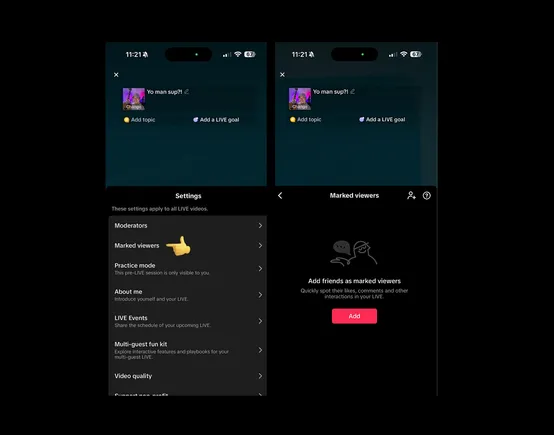



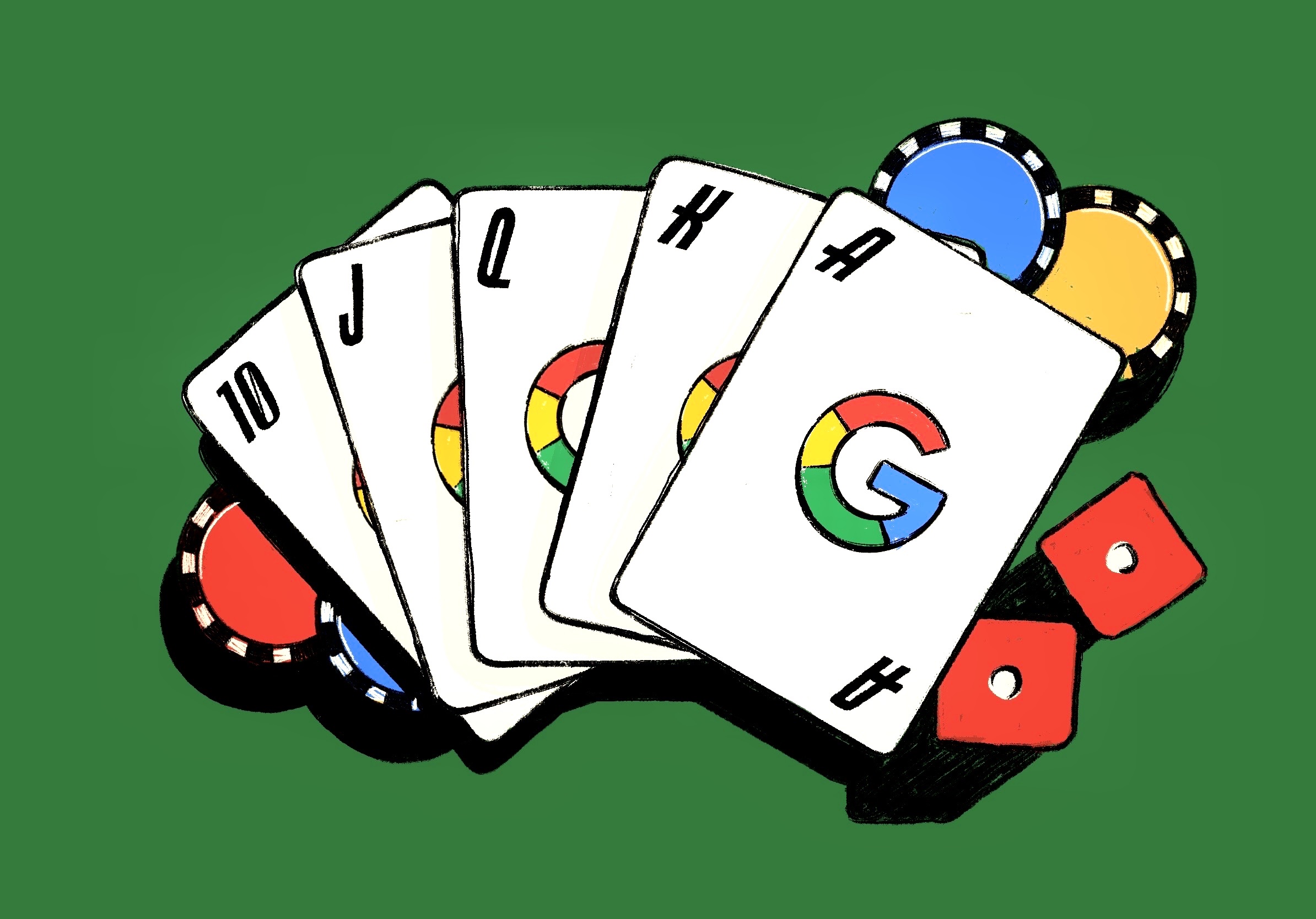
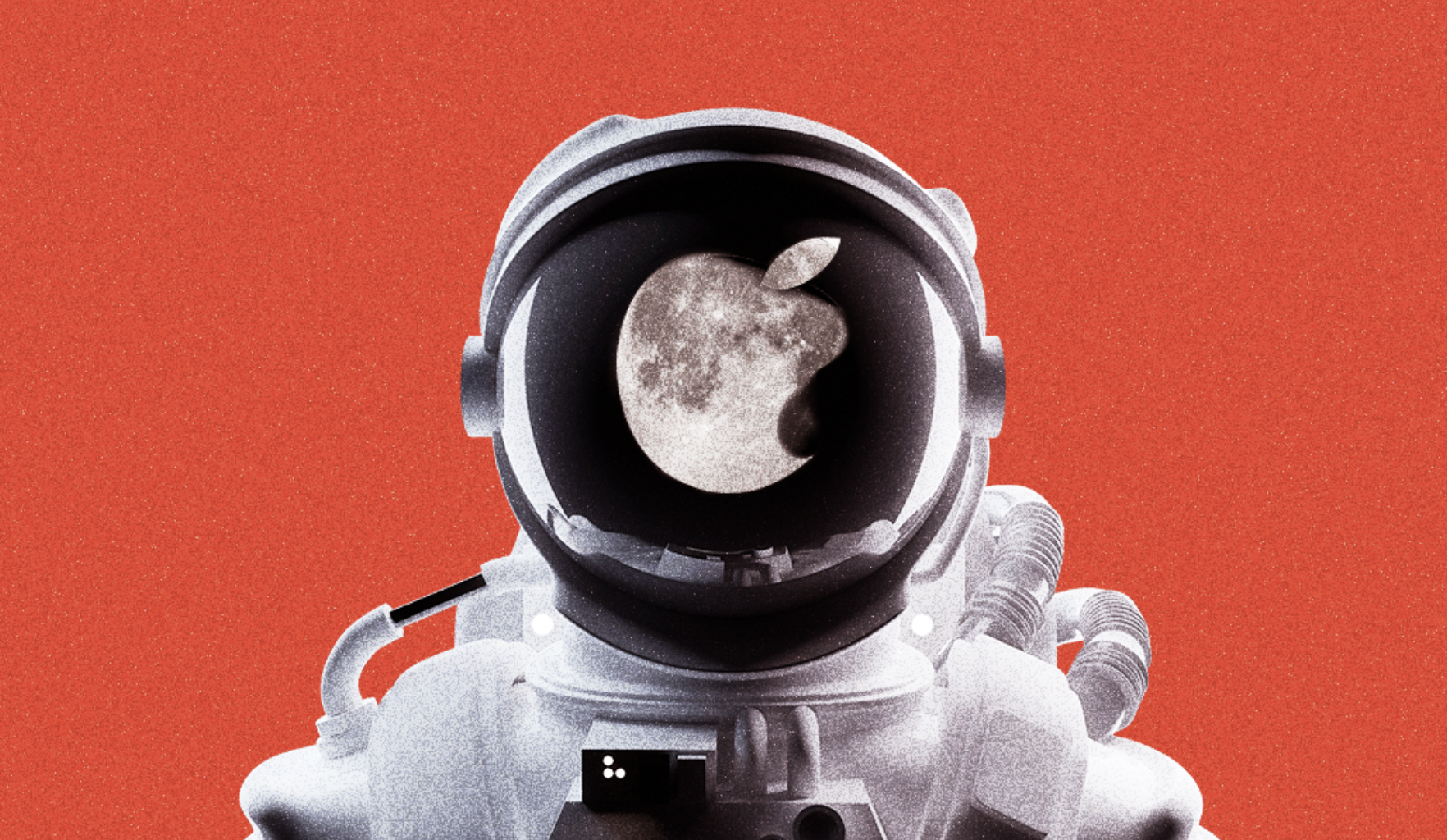

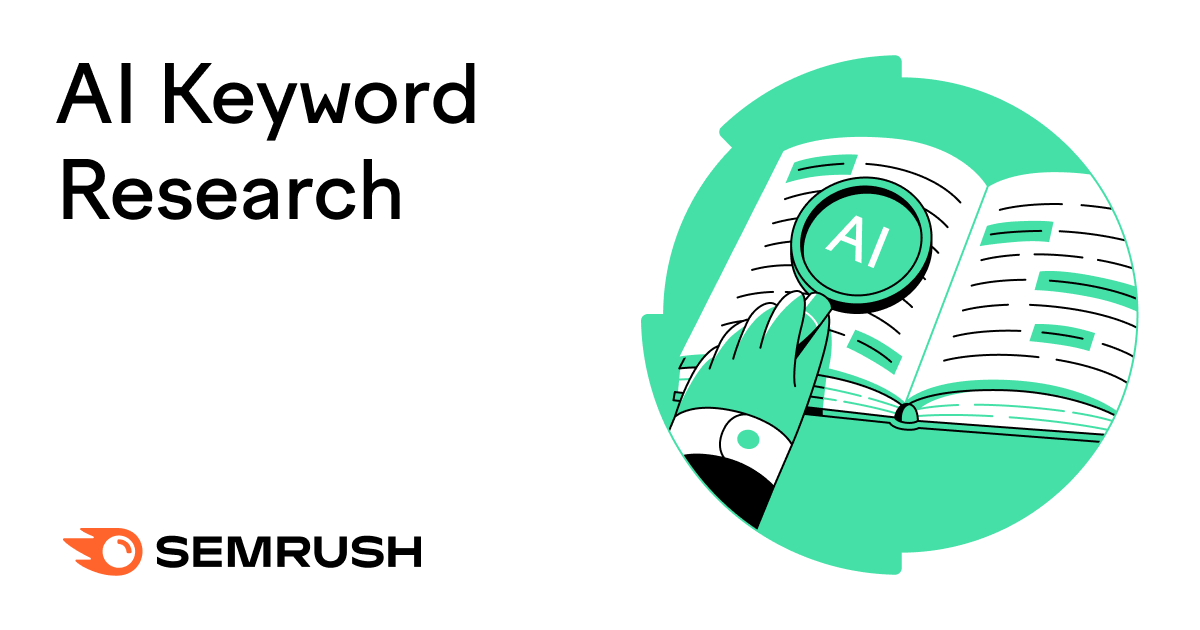
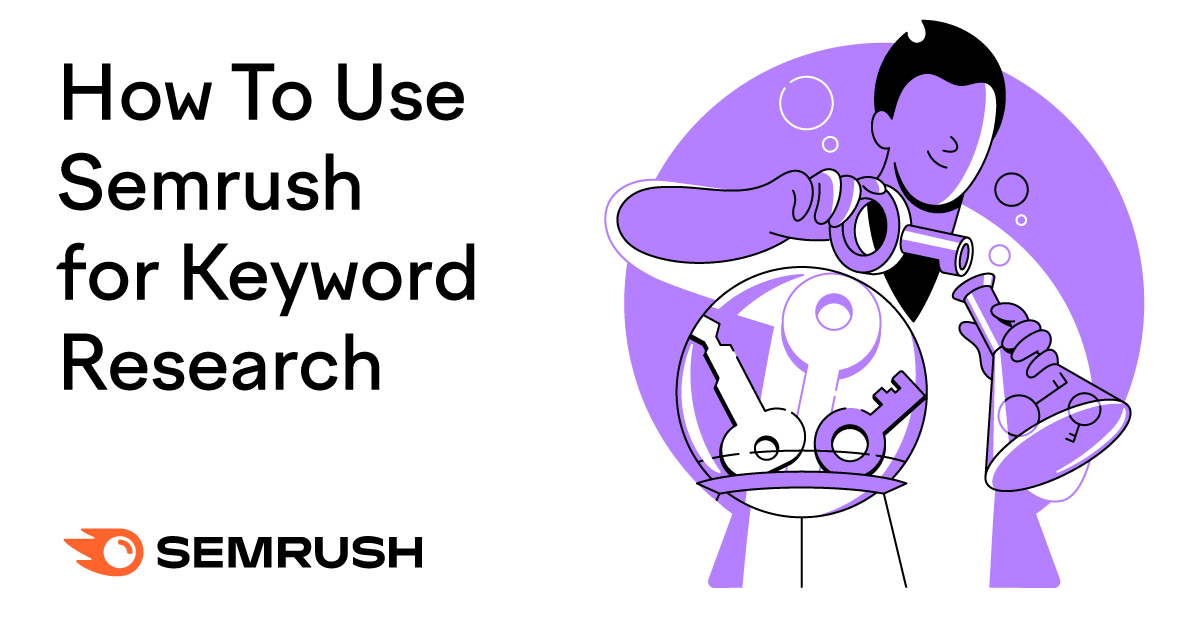































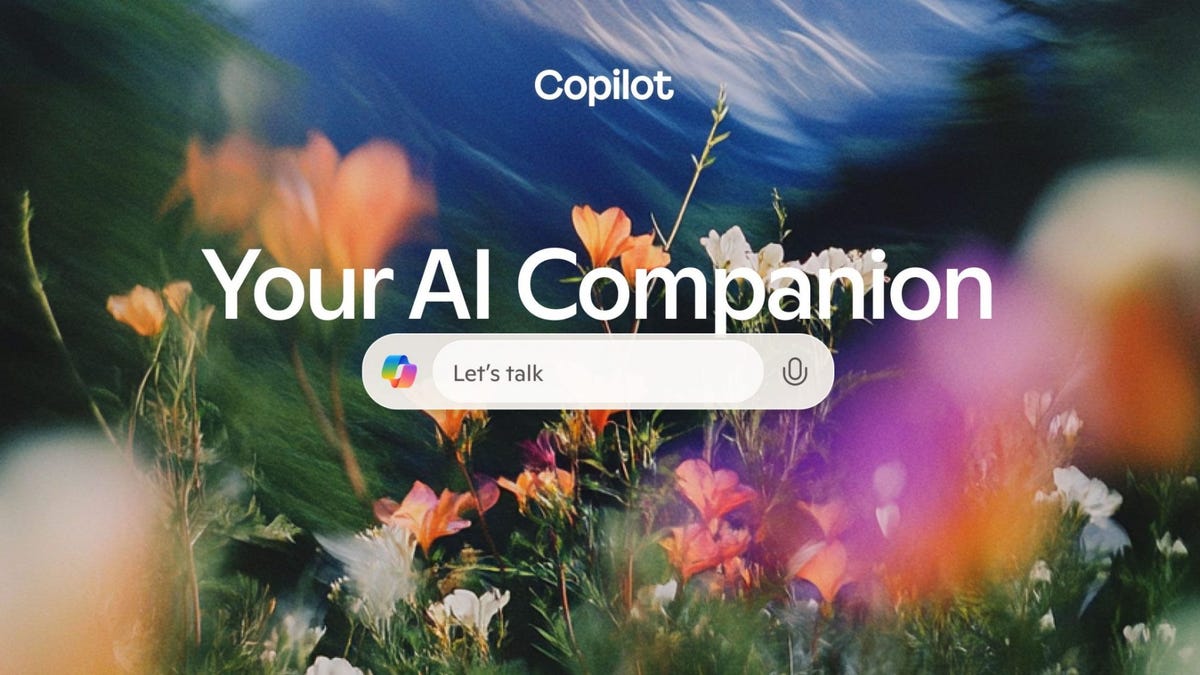





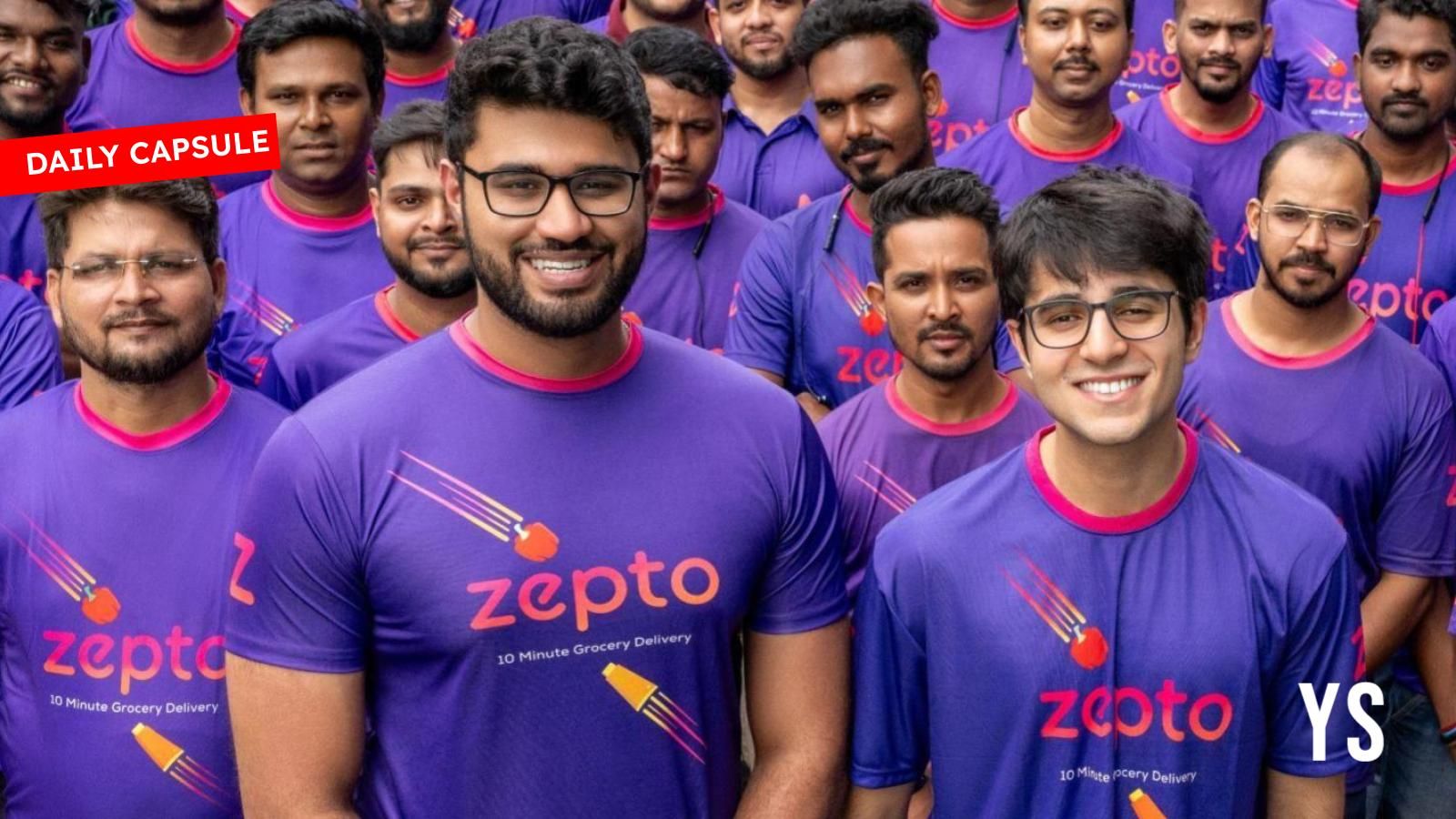






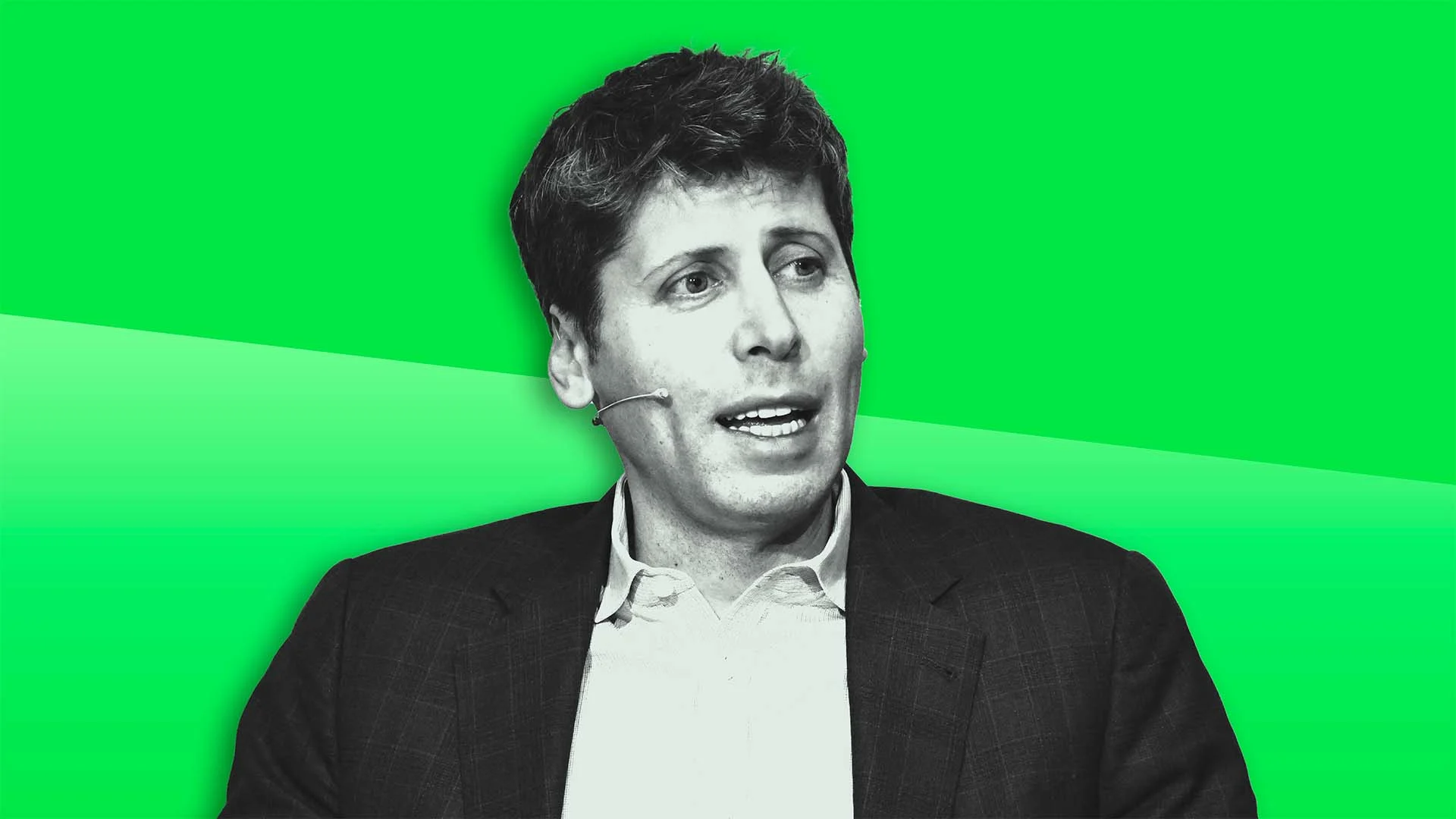











































































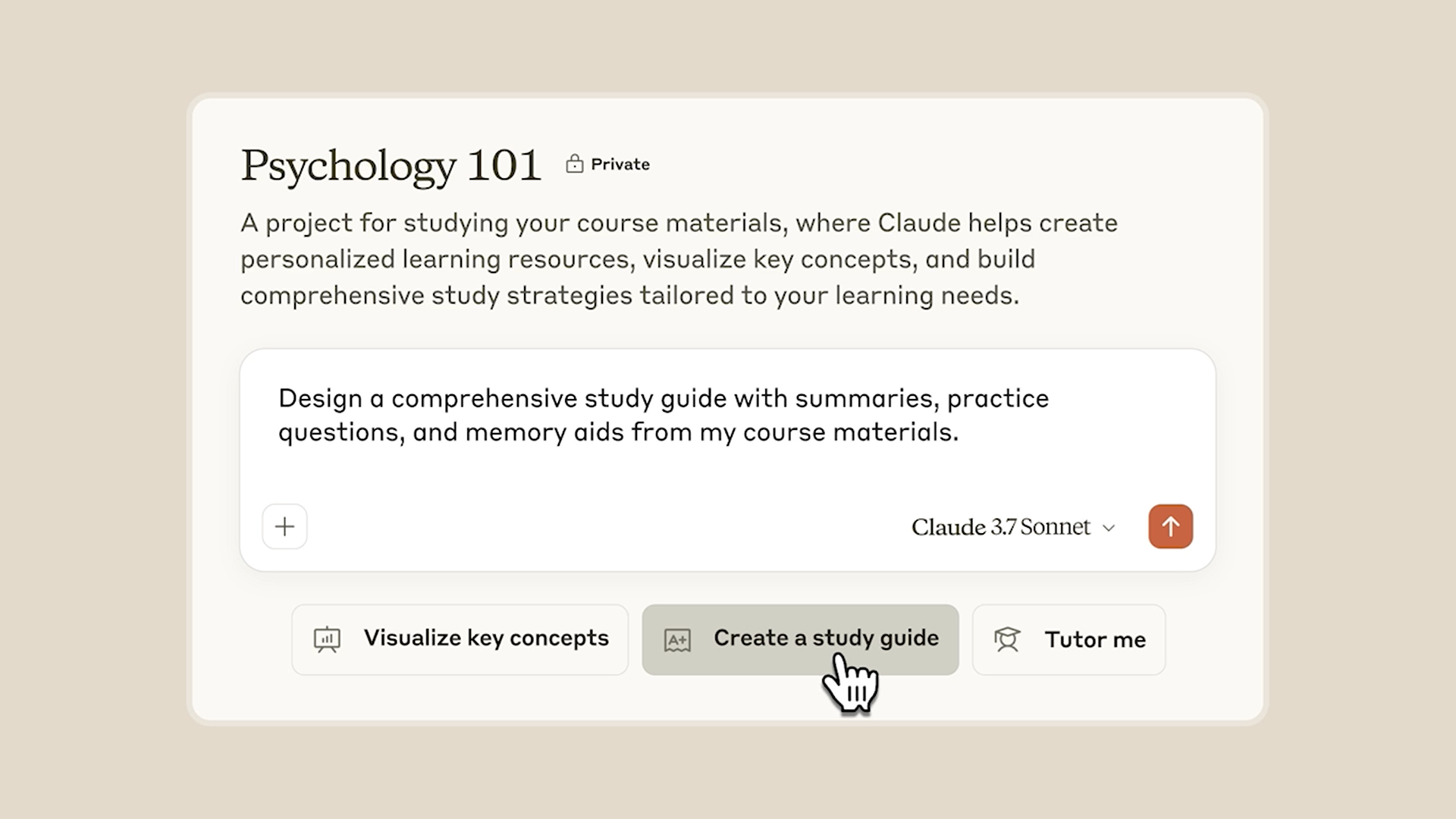
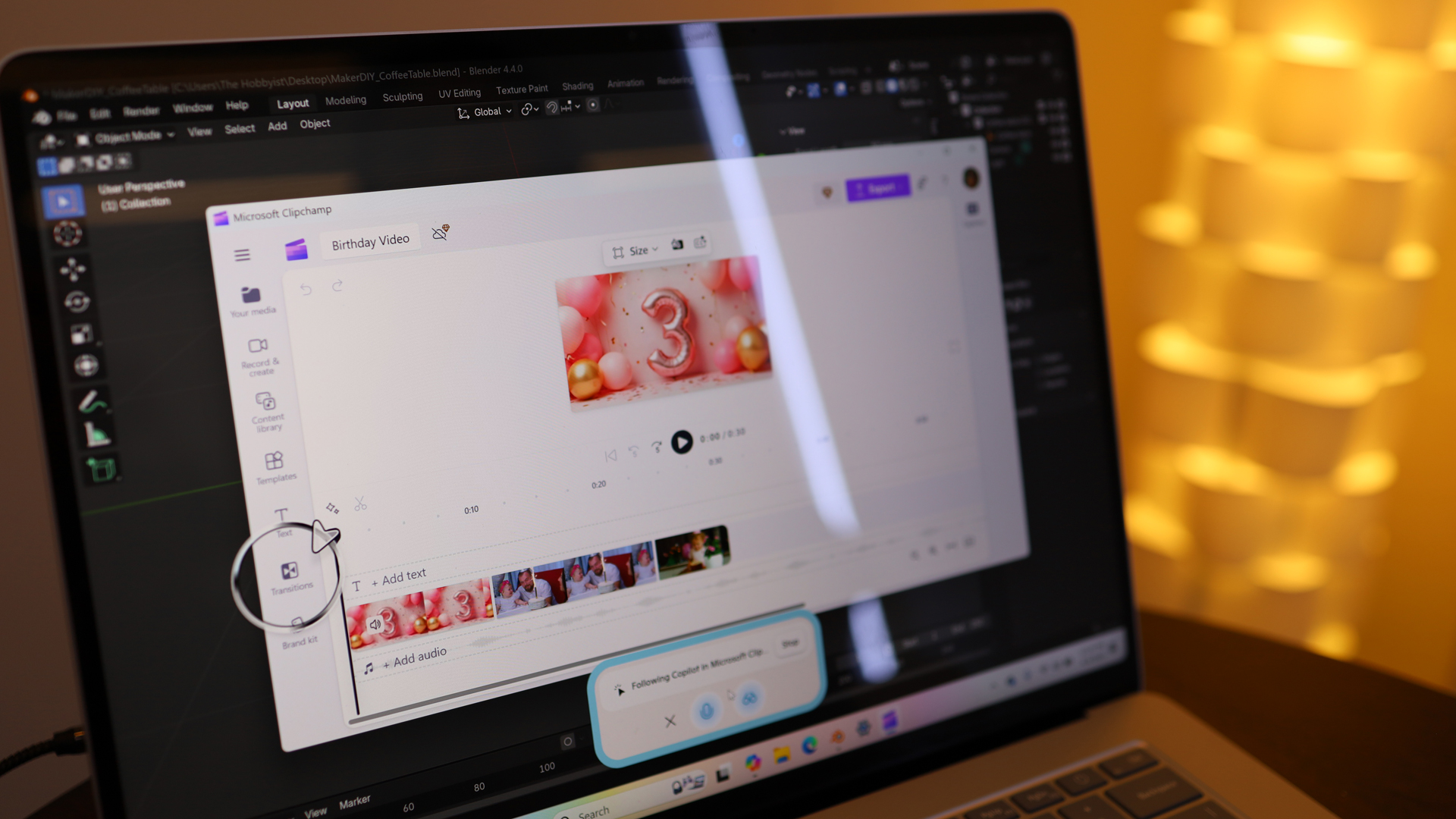






































.jpg)
%20Abstract%20Background%20112024%20SOURCE%20Amazon.jpg)



















